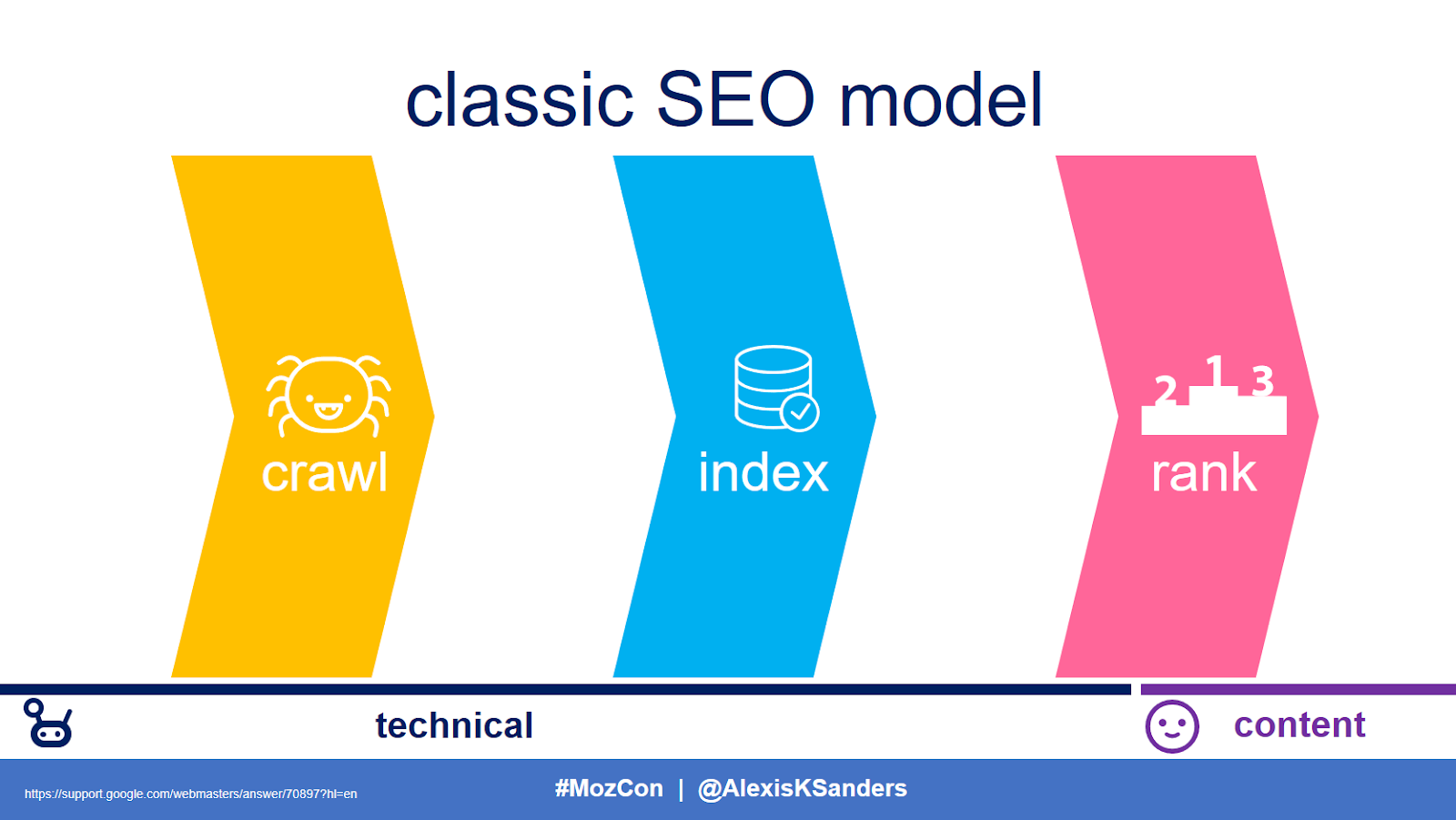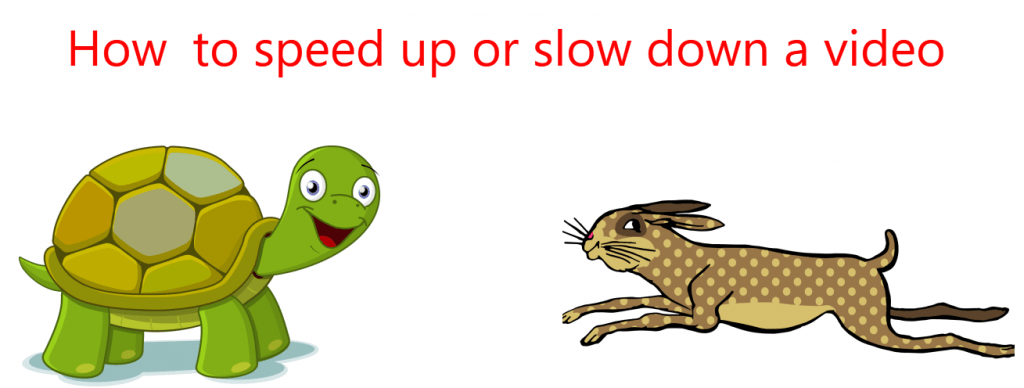

So, the whole thing could partly be a self-fulfilling prophecy. In their experiments, people who believed more strongly in the idea that time flies when you’re having fun were more likely to believe they were having fun when time flew. Sackett and colleagues tested this idea as well and found it was true. Ultimately it may come down to how much you believe that time flies when you’re having fun. They thought it was more enjoyable than those who had been doing exactly the same task but who hadn’t been tricked about how much time had passed. Participants doing a boring task were tricked into thinking it had lasted half as long as it really had. There’s evidence for this in a recent experiment by Sackett et al.

In other words, we assume we’ve been enjoying ourselves when we notice that time has passed quickly. Perhaps you’re having fun when time flies. Or-prepare yourself for a 180 degree about-face-it could all be the other way around. The fact that we intuitively believe time flies when we’re having fun may have more to do with how time seems to slow when we’re not having fun.īoredom draws our attention to the passage of time which gives us the feeling that it’s slowing down.

You enjoyed yourself enormously and yet time has stretched out. The same thing happens when you have a really good, exciting day out.Īt the end of the day it can feel like you ate breakfast a lifetime ago. Greater attention leads to perception of a longer interval of time. This may be because when we enjoy music we listen more carefully, getting lost in it. When this was tested by Kellaris (1992), they found that when listeners enjoyed the music more, time seemed to slow down. What about when you’re listening to a fantastic uplifting piece of music?ĭoes time seem to fly by, or conversely, does it seem to slow down? We’ve all experienced the fact that time seems to fly when we’re having fun. Life-threatening experiences make us really pay attention but we don’t gain superhuman powers of time perception. What happens is we remember the time as longer because we record more of the experience. What they found was that time resolution doesn’t increase: we’re not able to distinguish shorter periods of time when in danger. (2007) had people staring at a special chronometer while free-falling 50 metres into a net. Is it like slow-motion cameras in sports which can actually see more details of the high-speed action? People often report that time seems to slow down in life-threatening situations, like skydiving.īut are we really processing more information in these seconds when time seems to stretch? Our experience of time is flexible it depends on attention, motivation, the emotions and more. The Constructor is defined with arguments.His perception of time was rapidly changing.įrom an outside perspective he was slowing down, but the psychological experience for Siffre was that time was speeding up.īut you don’t have to hide out in a cave for a couple of months to warp time, it happens to us all the time. No matter how many cookies we make, only one cookie cutter is needed. Even though there are multiple objects, we still only need one class. Parameters go inside the parentheses when the object is constructed. Here is the code: // Example: Two Car objects Here's an image of what I currently have: I only managed to do the orange vertical line. Other times, the speed does not change at all. However, whenever I try to change the speed using if-else conditionals or other methods, the speed change becomes permanent. To indicate that the drivers are making eye contact. The cars pass by each other, the cars slow down to 33% of their speedĪnd an orange vertical line is drawn between centers of the two cars For our school assignment, we are tasked toĪlter the Two Car objects program from the tutorial so that every time


 0 kommentar(er)
0 kommentar(er)
